On Tuesday, Air India announced a significant aircraft order from both Airbus and Boeing, marking a significant milestone for the Indian airline industry. The order includes 250 aircraft from Airbus and 220 aircraft (with 70 options) from Boeing, with the aim of modernizing and expanding the Air India fleet to meet growing demand in the region.
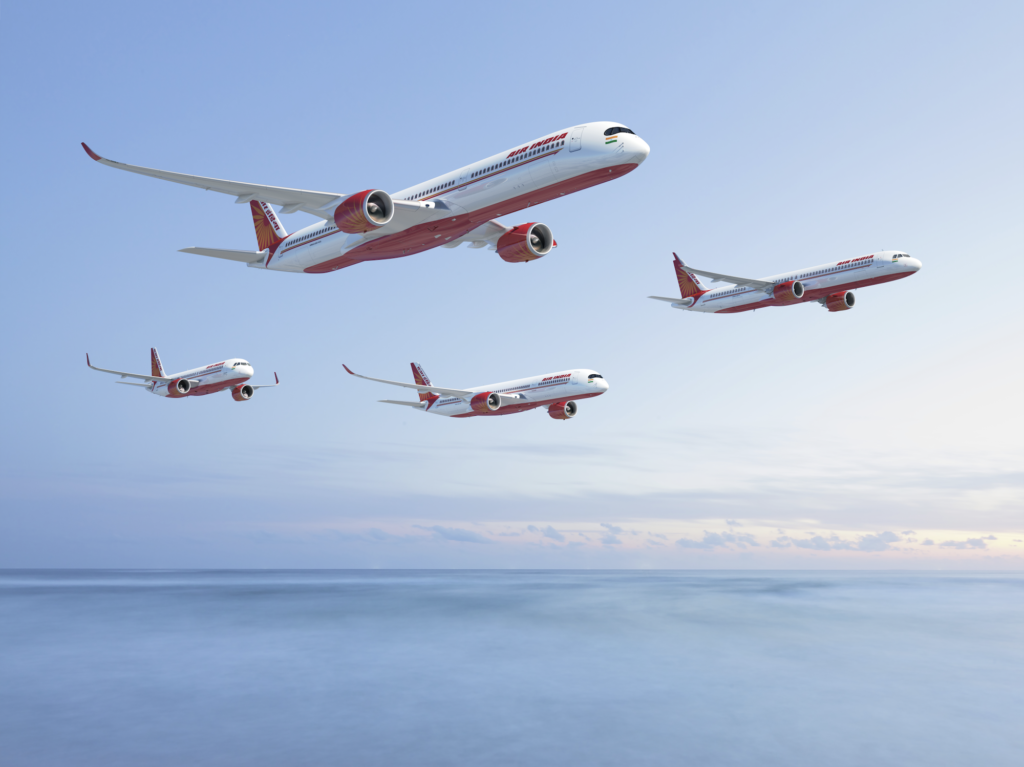
Airbus will supply Air India with 140 A320neo and 70 A321neo single-aisle aircraft, as well as 34 A350-1000 and six A350-900 wide-body jets.
“Airbus has been a longstanding partner of Air India, and these new aircraft will play an important part in delivering Vihaan.AI, Air India’s comprehensive transformation and growth strategy,” said Campbell Wilson, CEO and MD, Air India. “This order marks the start of a new chapter for both Airbus and Air India.”
“This is a historic moment for Airbus and for Air India. India is on the verge of an international air travel revolution and we are honored that our partnership with the Tatas and our aircraft solutions will write that new chapter for the country’s air-connectivity,” said Christian Scherer, Airbus Chief Commercial Officer and Head of International.
“The A350’s unique capability will unlock the pent-up potential of India’s long-haul market, its technology, long reach and second to none comfort will enable new routes and passenger experience with better economics and enhanced sustainability.”
Meanwhile, Boeing has signed a landmark deal with Air India to supply up to 290 aircraft, which includes 190 firm orders for the 737 MAX, with 50 options, 20 firm orders for the 787 Dreamliner, with 20 options, and 10 firm orders for the 777X.
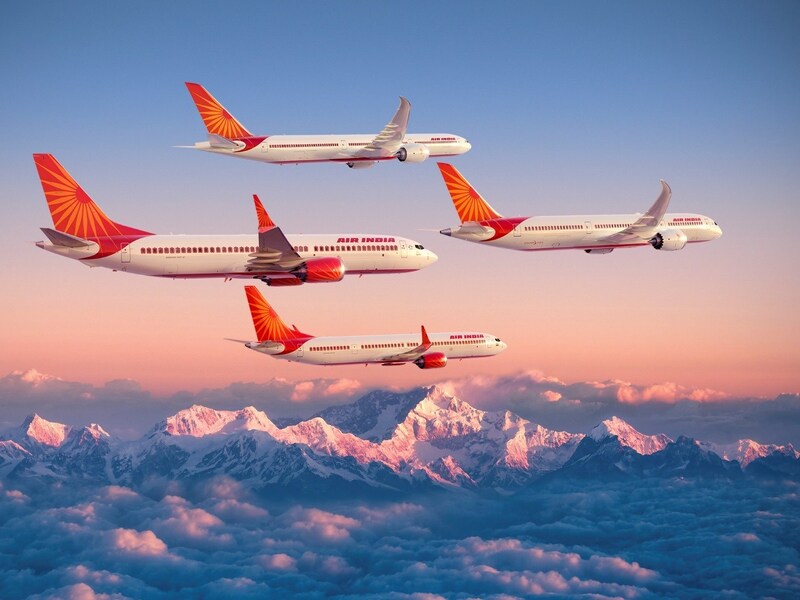
“This acquisition of nearly 300, highly advanced Boeing jets is a core element of Vihaan.AI, the comprehensive transformation and growth strategy we are pursuing at Air India,” said Campbell Wilson, CEO and MD, Air India.
“These new airplanes will enable us to dramatically expand our network, both domestically and internationally, and will come with a completely new, world-class onboard product enabling passengers to travel in the highest levels of comfort and safety. With this order, we are delighted to take our long relationship with Boeing to a new level,” Wilson stressed.
Boeing Commercial Airplanes President and CEO, Stan Deal, commented: “Air India’s selection of Boeing’s family of passenger jets shows their confidence in our products and services in the world’s fastest growing aviation market, and their decision will support engineering and manufacturing jobs at Boeing factories in Washington state, South Carolina and across our supply base.”
“With the industry-leading fuel efficiency of the 737 MAX, 787 Dreamliner and 777X, Air India is well positioned to achieve its expansion plans and become a world-class global airline with an Indian heart.”
Air India’s order will help it become one of the world’s largest airlines and provide a significant boost to the Indian aviation industry. Over the next decade, India is expected to have the largest population in the world, and a burgeoning middle class will spend more on air travel, leading to fast passenger traffic growth, including on long-range markets in the U.S., Europe, and Asia-Pacific.
By diversifying its fleet with orders from both Boeing and Airbus, Air India can achieve greater operational efficiency, reduce dependence on a single supplier, and balance out any risks associated with a single fleet type. Additionally, this allows Air India to access a wider range of aircraft types with different capabilities, better meeting the airline’s needs in terms of passenger capacity, range, and operating costs.
The decision to purchase from both manufacturers allows Air India to maintain a competitive edge in the market, by having access to the latest technologies and advancements from both manufacturers, and gives the airline the flexibility to adjust its fleet mix and capacity according to market demand, without being overly dependent on a single supplier.
This order is a significant development for Airbus and Boeing, who are leaders in the commercial aviation industry and continue to compete with one another for orders. It will be interesting to see how this will impact the aviation industry in India and globally.





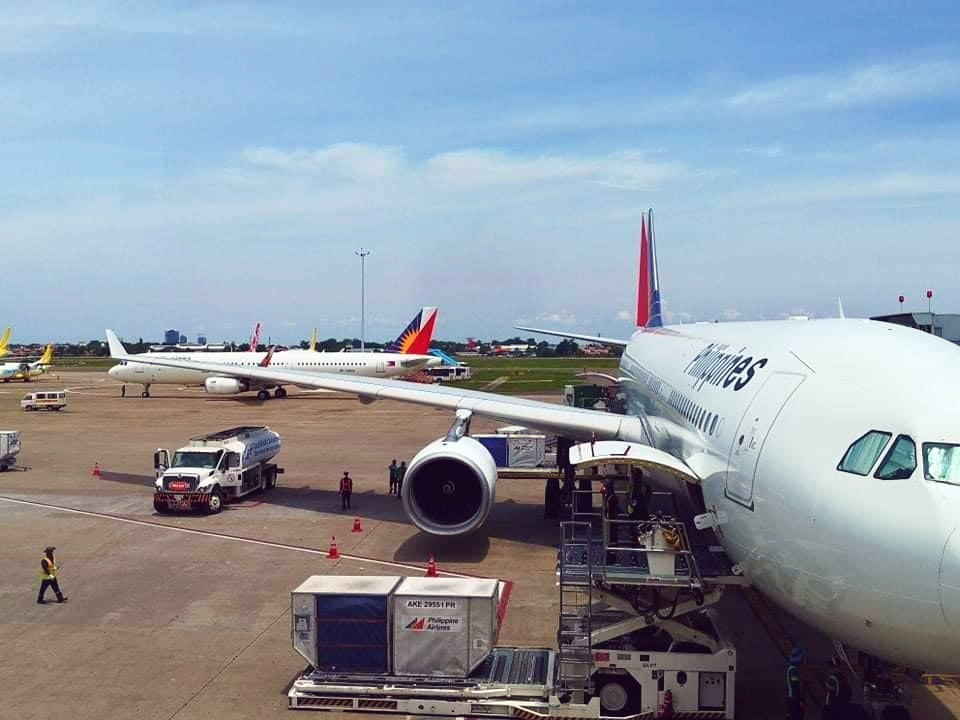








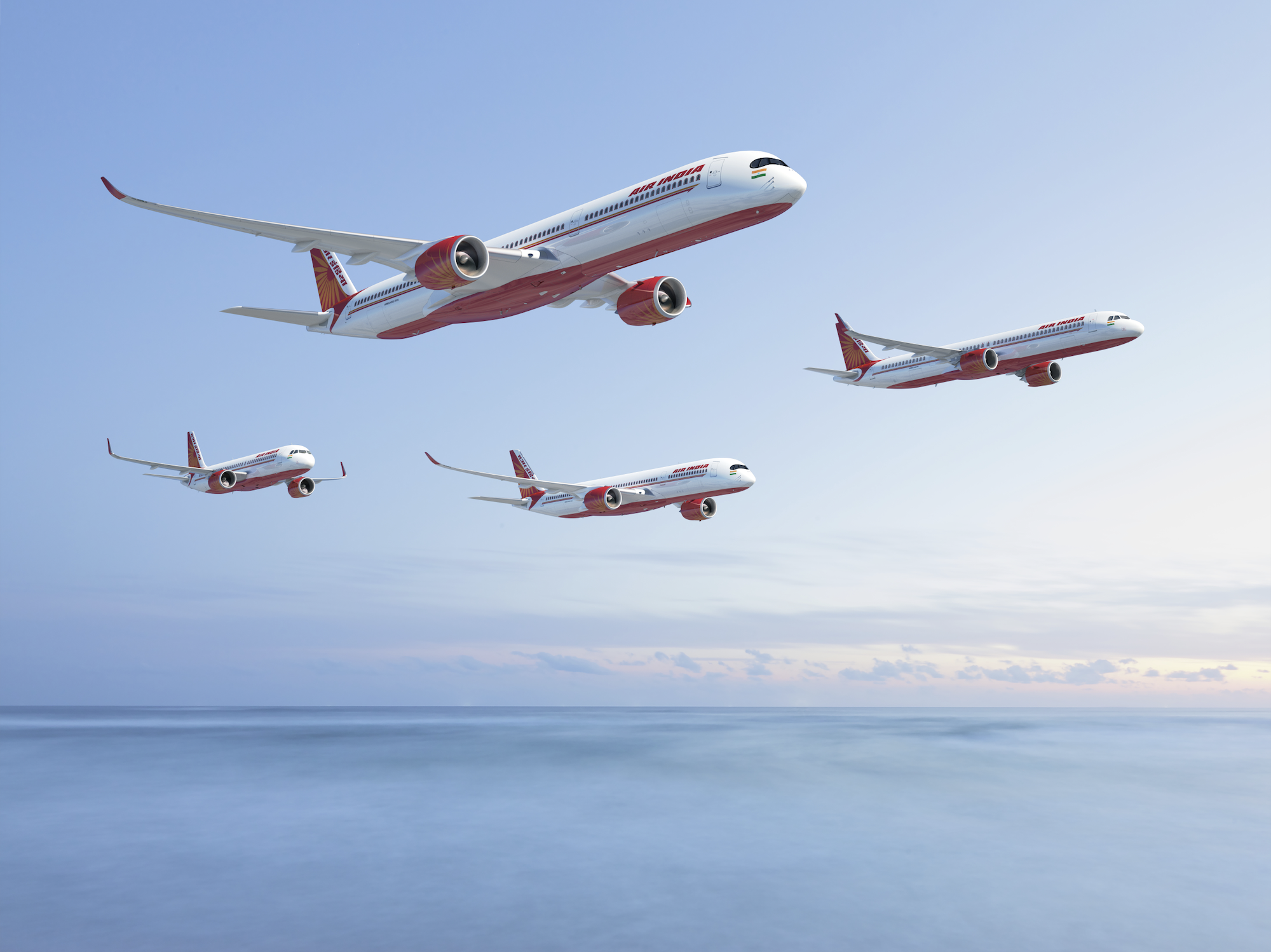
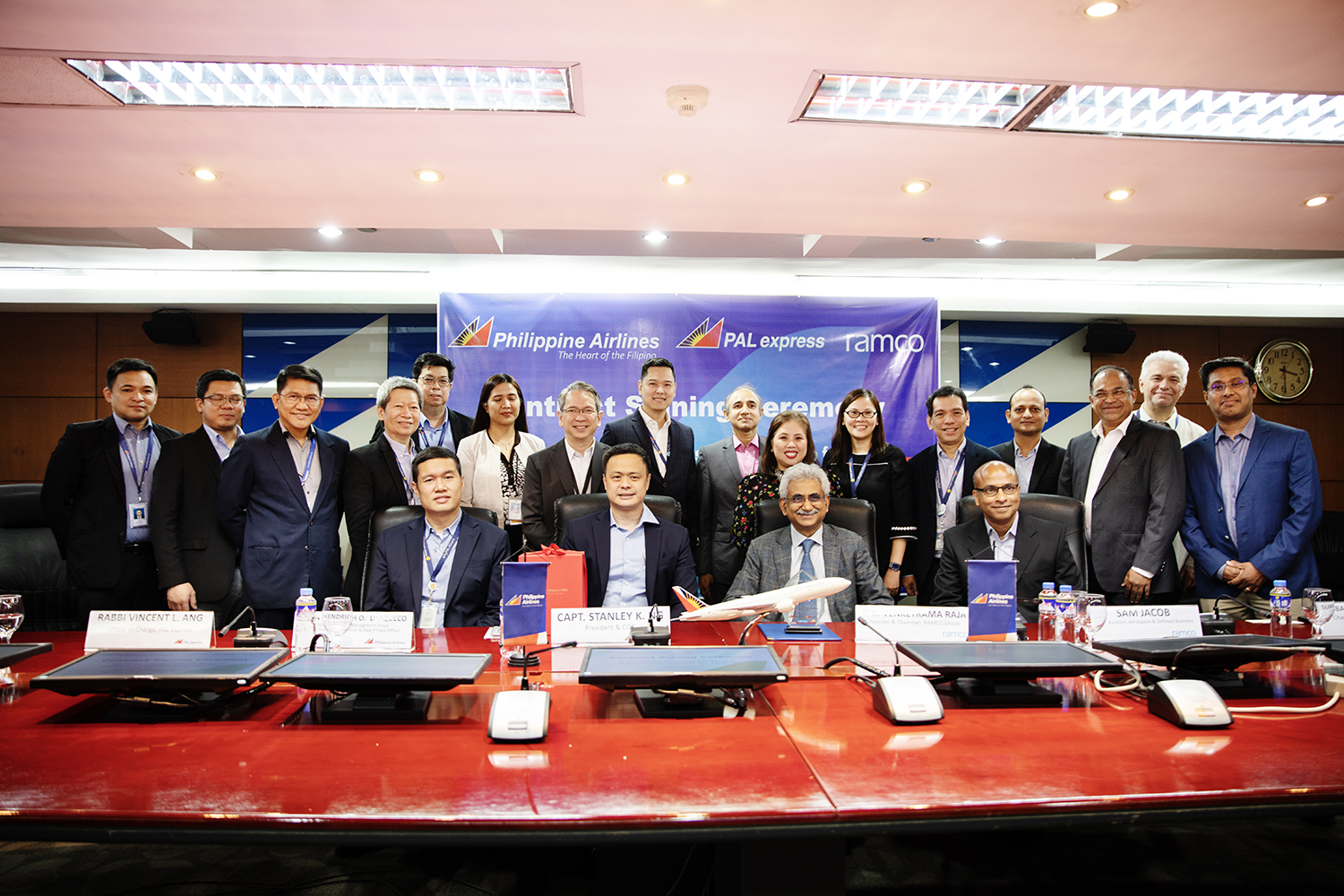









Leave a comment